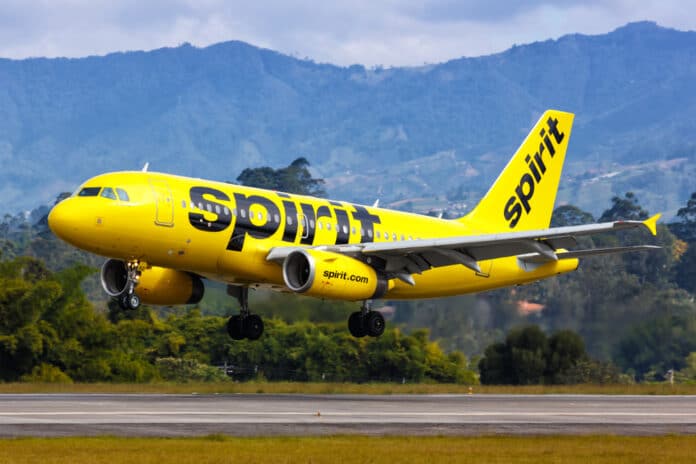This discount airline’s stock can’t get off the tarmac. Should you buy on the dip?
The announcement that the proposed merger between JetBlue Airways and ultra low-cost carrier Spirit Airlines (SAVE) was blocked turned an already challenging situation for SAVE into a dire one.
At the time of the announcement, 30 days following a federal judge’s decision to block the $3.8 billion deal due to anti-trust concerns, Spirit shares had already plummeted 66% year-to-date. In the three-day period, SAVE shares fell 5% further, signaling a crisis point for the beleaguered airliner.
Despite Spirit receiving a $69 million cancellation payment from the deal, the fallout for SAVE shares is imminent, and the company’s CEO expressed frustration. Spirit CEO Ted Christie said in a March 4 statement:
“We are disappointed we cannot move forward with a deal that would save hundreds of millions for consumers and create a real challenger to the dominant ‘Big 4’ U.S. airlines. Nonetheless, Spirit remains optimistic about its future as an independent entity.”
In the immediate aftermath of the announcement, JetBlue saw its shares rise 4.3% on March 5, while SAVE shares slid by 11%.
No Help On The Way
What are the long-term implications of this failed deal for Spirit? While not catastrophic, the outlook is far from ideal.
Wall Street analysts had already called for Spirit revenue losses for this year and next, and it’s not likely another air carrier will come courting. Merging two airlines is challenging at the best of times. Given the current administration’s resistance to mergers, Spirit’s hope for another deal might hinge on a change in political leadership – a scenario that seems improbable from the outset.
Another troubling trend for Spirit, as well as other budget airlines, is that larger carriers are successfully adopting their business models to compete with its low-margin rivals.
Delta, United and American have all rolled out cut-prices akin to the low-margin airline (LMA, in Wall Street parlance) business model favored by the Frontiers and Spirits of the skies. High-in-the-sky airfare wars come at a time labor costs are heating up, fuel costs are exploding, and air travelers see to be rekindling their passion for airline amenities the LMA companies can’t match.
The data on this is clear.
Spirit shares fell by 16% in 2023, while Frontier stock fell 47% for the year. Additionally, Spirit is no longer getting the 830-or-so number flights per day as higher costs and tighter airport schedules have cut the company’s daily airtime by one hour, according to The Wall Street Journal. 4th quarter earnings were down, too, as Spirit listed a net loss of $183 million for the quarter along with a net loss of $1.68 per share, both underwhelming figures for the company. Generating free cash flow continues to be a problem, as does a jittery balance sheet.
Ultimately, Spirit faces a fifty-fifty chance of sliding into bankruptcy as opposed to experiencing a substantial share price recovery. It might be wise to keep expectations grounded for this airline stock in 2024.


